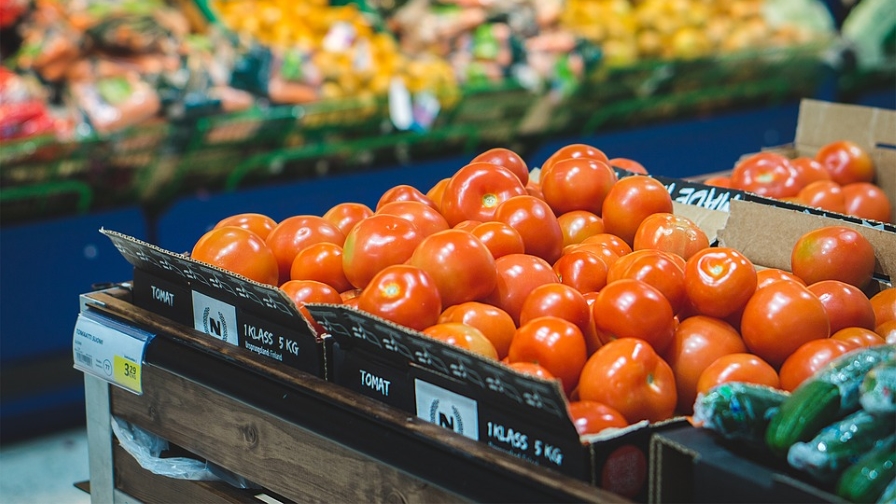Where Specialty Crop Growers Can Gain More Strength in Numbers
The term “specialty crops” doesn’t make a lot of sense on the face of it. We’re talking potatoes, as in “meat and potatoes.” Spinach formed the basis of Popeye’s diet. And what could possibly be more mainstream than apples? But when you look at the big picture of U.S. agriculture, and the tremendous amount of acreage devoted corn, wheat, soybeans, etc., you realize why fruits and vegetables are so-named. A map of the nation’s top fruit-growing areas reveals they are quite literally on the margins. Fruit growers generally need a large body of water to moderate growing conditions, so they are naturally spread out.
The problem with that is a shared geography is the basis for political power – cities, states, etc. Without that shared geography, you have to make an extra effort to gain political power, to get a voice. For that reason I was happy when a group of Congressional representatives announced the reestablishment of the bipartisan Congressional Specialty Crops Caucus. Besides fruits and vegetables, specialty crops include greenhouse, nursery, and floriculture products.
The caucus is officially dedicated to highlighting the issues facing the specialty crop industry and building support for policies that allow U.S. specialty growers, processors, and partners to prosper by providing American families with safe, affordable, and nutritious foods.
The effort is led by Representatives David G. Valadao (R-CA), Jim Costa (D-CA), David Rouzer (R-NC), and Elissa Slotkin (D-MI). Other members of the caucus include Representatives Chellie Pingree (D–ME), Doug LaMalfa (R–CA), Mario Diaz-Balart (R–FL), Buddy Carter (R–GA), Drew Ferguson (R–GA), Rick Allen (R–GA) and Jim Baird (R–IN).
Specialty crops actually account for more than one-third of U.S. farm gate value, represent 2.2 million jobs across all 50 states, and contributed $120.6 billion in labor income to the American economy in 2023 alone. However, according to the International Fresh Produce Association, less than 4% of Farm Bill expenditures target fruits and vegetables. IFPA will work with the Specialty Crops Caucus to advocate for the industry’s priorities in the Farm Bill, such as block grants, research initiatives, risk management, market access, and the restructuring of nutrition programs to address the underconsumption of fruits and vegetables.
“Specialty crop producers have faced many challenges over the last few years,” says Valadao. “From supply chain backlogs at our ports, rising input costs, labor shortages, and drought; our producers have continued to supply the world with fresh, nutritious food despite these obstacles. Specialty crops are a cornerstone of California agriculture, and we need to ensure these producers are supported at the federal level. I’m excited to be co-chairing the Specialty Crops Caucus to ensure our specialty crop producers have a seat at the table in Washington.”
In recent years, Congress has worked on a bipartisan basis to combat unreasonable specialty crop trade barriers, increase access to automation technology, and help producers break into niche American markets. The Specialty Crop Caucus is dedicated to building on this foundation and supporting the interests of specialty crop production, says Slotkin.
“Here in Michigan, specialty crops – from cherries, to asparagus, to beans – are our bread and butter, and the reason that we’re America’s most agriculturally diverse state with reliable access to water,” she says. “It’s critical that we protect and support the next generation of farmers – including small farmers. That is why I’m joining my colleagues to launch the bipartisan Congressional Specialty Crops Caucus. This is a group that will look out for the farmers that are often lost in the agriculture conversation in Washington, and make sure they’re represented on every page of the Farm Bill.”









